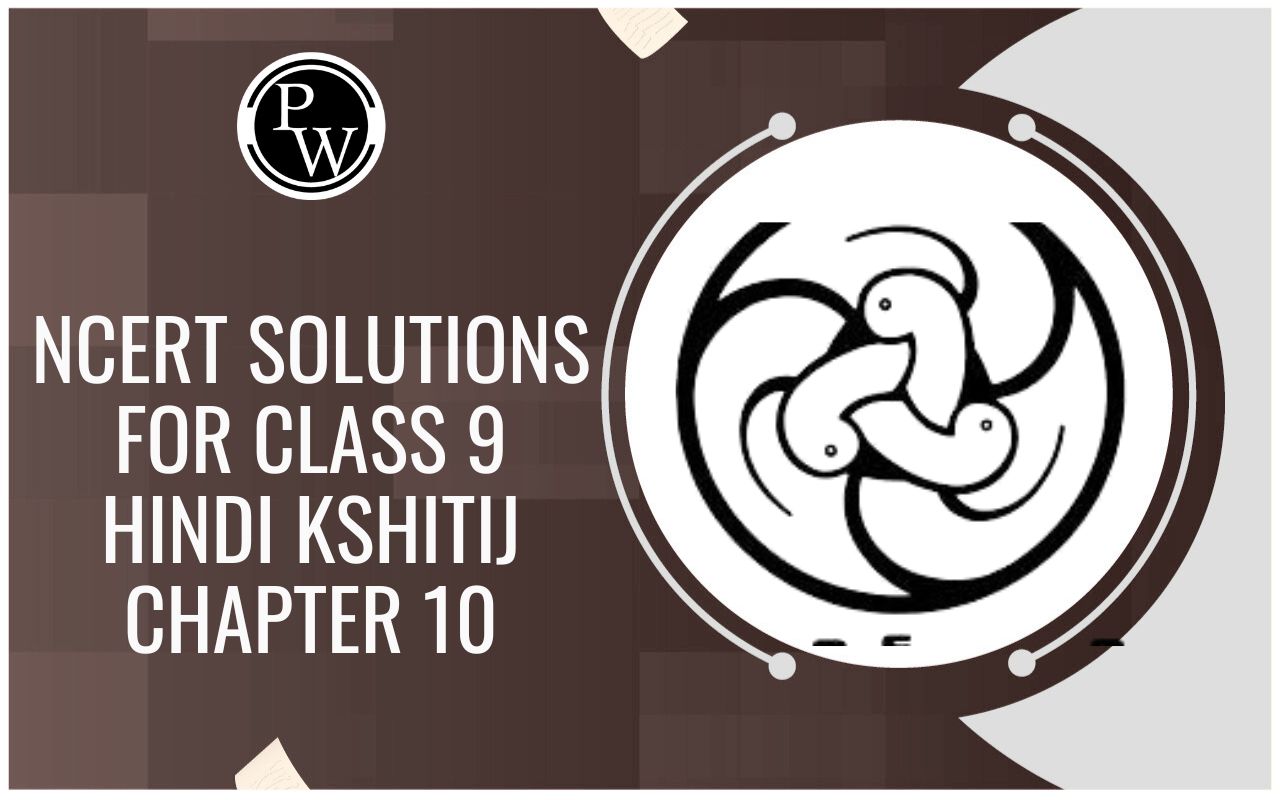
Frequently Asked Questions
What is a ruling party
What is a 'ruling party'?
Solution:
Explanation:
A ruling party or ruling party or political party in parliamentary democracy is a political party or coalition that holds most of the elected positions in parliament and governs national affairs.
In many democratic republics, the ruling party is the party of the next president and has the executive branch of the government. The ruling party is the ruling party of a democratic government. A political party becomes the ruling party only if it wins a majority in the election.
The current ruling party in India is BJP.
Kerala, with lower per capita income has a better human development ranking than Haryana
Hence, per capita income is not a useful criterion at all and should not be used to compare states. Do you agree? Discuss.
Solution:
Kerala, with lower per capita income, has a better human development ranking than Haryana. Hence, per capita income is not a useful criterion at all and should not be used to compare states. This is true because the literacy rate, infant mortality rate, healthcare facilities, etc. are better in Kerala in comparison to Haryana. The per capita income is only calculated by calculating the average income of the state, irrespective of any other factor
Development of a country can generally be determined by
i. its per capita income
ii. its average literacy level
iii. health status of its people
iv. all the above
Solution:
Answer: iv. all the above
(Write your name here) ________________________ s definition of good democracy (not more than 50 words)
Solution:
Answer: Good democracy should have a political system that chooses and replaces the government through free and fair elections. People should actively participate in the policies introduced by the government. There should be a fair implementation of all the tenets of the constitution. The fundamental rights provided to the citizens should be adhered to, and states should focus on the directive principles. In a democracy ‘of the people, by the people and for the people,” the people should be given the utmost importance by promoting equality, fraternity and justice.
Studies on political and social inequalities in democracy show that
a. democracy and development go together.
b. inequalities exist in democracies.
c. inequalities do not exist under a dictatorship.
d. dictatorship is better than democracy.
Solution:
Answer: b. inequalities exist in democracies.




